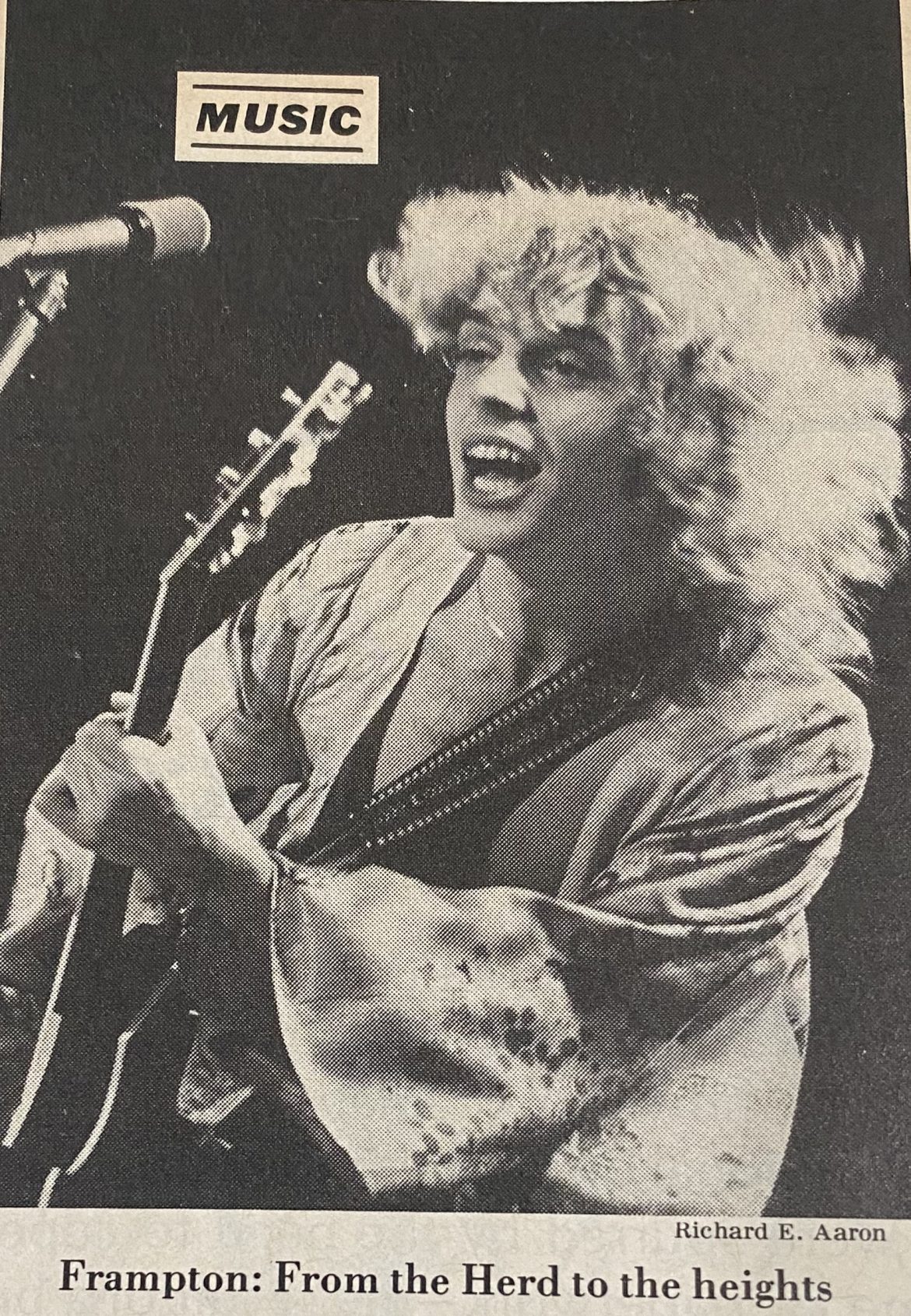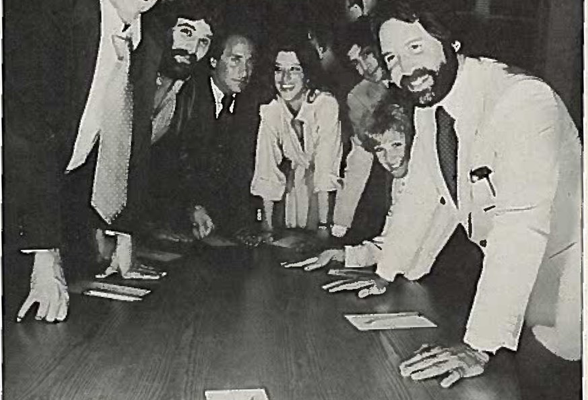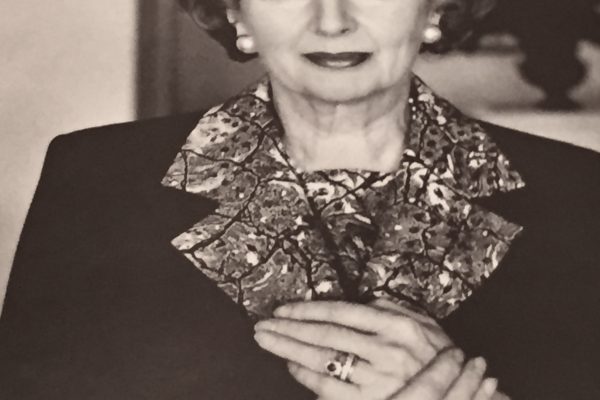Original Publication – Newsweek, April 19, 1976
Maureen Orth with Vern E. Smith in New Orleans
Peter Frampton looks like the perfect rock-star doll. Thin and eelish, shoulder-length golden curls framing big hazel eyes and a sensuous mouth, he was once dubbed “the Face.” Put him onstage before legions of adoring fans, watch an arm come down and fingers pluck the first notes from a black Les Paul guitar, and pow! Peter Frampton, 25, becomes the first major rock star to emerge in the U.S. in 1976.
Last week, his “Frampton Comes Alive!” album edged out such established biggies as the Eagles, Carole King and Bob Dylan for the No. 1 spot on the Billboard top-LP chart. His single, “Show Me the Way,” is in the top dozen. Frampton, who began as a teen idol back home in Britain, has been a star there since he was 16. Now he’s a superstar.
It’s probably no accident that the album that has catapulted him to No. 1 was recorded live from his onstage performances. During the last several years, Frampton took his melodic combination of soft and hard rock, sung in an easy-to-take baritone and backed by his virtuoso guitar playing, on the road. “It was like the old days,” he says, “where you would go around from club to club and then you’d build a following. I think my fans almost feel a part of the success in a way. They stuck with me through thick and thin.” Frampton began as the opening act at those clubs for $250 a night; later this month he is booked for two shows at the Oakland Stadium, and its 57,500 seats are already sold out.
At his best, Frampton, who credits Stevie Wonder as a major influence, makes music that achieves his goal of being “memorable and melodic.” It’s full of the infectious joy that is the heart of the rock experience. At other times, however, his lyrics sound downright banal. But there is no question that, onstage, Frampton’s communication with his audience is just about total.
Cheers: His show builds from the moment he takes the stage, lit by a single spotlight, and announces “We’d like to try and re-create the live album this evening.” Beginning with his soft “All I Want To Be (Is By Your side),” right up to the foot-stomping, arm-waving beat of “Do You Feel Like We Do,” the audience cheers, stomps and sings along. Frampton’s crowds seem poised for every number, and their response prods him on to his own high. “I’ve got to love it,” says Frampton, “haven’t I? If I hated it I’d be in terrible trouble.”
Being a superstar is Frampton’s third incarnation in rock. He got hooked by the first albums he ever listened to, recordings by the legendary gypsy guitarist Django Reinhardt. “I never wanted to be a train driver,” says Frampton. “I wanted to be the best guitarist in the world,” At school in Bromley, Kent, he practiced Buddy Holly tunes with his friend David Bowie, and it wasn’t long before pretty Peter was lead singer of a teeny-bopper band called the Herd.
Frampton remembers the Herd as a kind of unreal experience. “We were on TV every week, ‘Top of the Pops.’ I was lip-synching to the records, being screamed at, having by clothes ripped and people cutting bits of my hair. It was like a dream. I was 16 and I couldn’t go out of my house.” When the Herd broke up in 1969, they were almost penniless despite a string of hits, and Peter decided to form another band with fellow teen dream Steve Marriott.
That band, Humble Pie, was hailed by the British press, as a supergroup, but Frampton, tired of the Pie’s ear-splitting, heavy-metal music, quit the group as it reached its peak. After taking a few months off, he started up again as a studio musician for such luminaries as George Harrison and Harry Nilsson. And when Frampton began to record the first of his five solo albums, he was delighted to get Ringo Starr to play on it.
The first three albums did so-so in sales, although the second, “Frampton’s Camel,” which dealt with the breakup of his marriage to an English girl, established Frampton as one of rock music’s premier guitarists. “It took a long time after Humble Pie to just get up on the stage and do all my own stuff and be the front man,” says Frampton. “To start with, it scared me to death, but the more we worked the more confidence I got.” His next two albums revolved around his feelings for Penny McCall of Milwaukee (“Penny for Your Thoughts” was one title), the current lady of his life. She and all those endless nights on the road were apparently the charms that turned Frampton’s fourth album to near gold in sales and paved the way for the huge success of “Alive!”
Encouraged by his first big money and the return of the screamers, Frampton is branching out musically. “I’m not worried now about trying something that’s a little off the wall,” he says. “You have to believe in yourself.” The Frampton fanatics already do.
This article is typed from the original material. Please excuse any errors that have escaped final proofreading.




